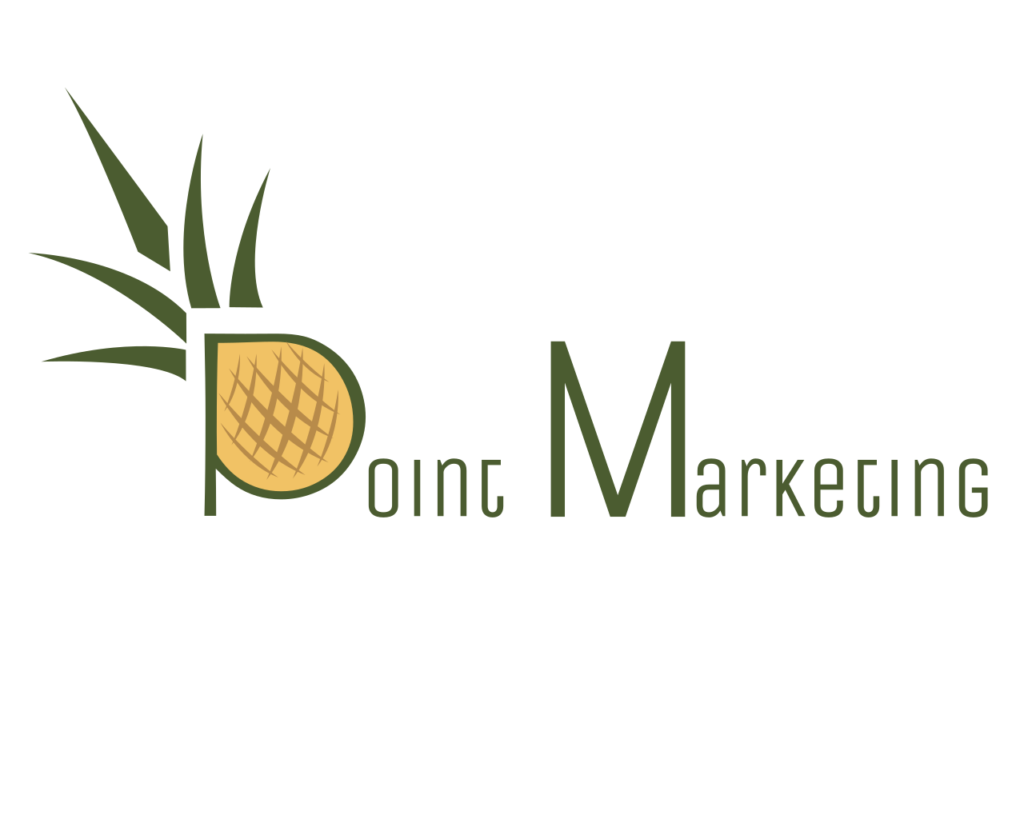Pine Point Marketing
Pine Point marketing is a holistic approach that integrates various digital marketing methods like SEO optimization, social media promotion, and content strategy. It’s about delivering a consistent brand message across all platforms to engage and convert the target audience effectively.
- Increased online visibility.
- Improved brand recognition and loyalty.
- Higher conversion rates due to targeted strategies.

Table of Contents
Pine Point Marketing Strategies for E-commerce Websites
Leveraging content creation to drive organic traffic.
Email marketing campaigns for cart recovery and personalized offers.
Analytics and insights to refine the buyer’s journey.
1. Personalization and Segmentation: Harness user data to offer tailored shopping experiences. Personalized product recommendations, content, and email campaigns can significantly enhance the user experience and increase sales.
2. SEO Optimization: Prioritize on-page and off-page SEO. Ensure product descriptions, images, and meta tags are optimized for search engines. This will improve visibility on search platforms and attract organic traffic.
3. Content Marketing: Use blogs, videos, and other forms of content to educate potential customers about products. This can establish your brand as an authority in your industry and drive traffic to product pages.
How to Choose the Right Pine Point Marketing Agency for Your Business
Consider their expertise in digital SaaS marketing agencies.
Analyze their past campaign results.
Check for the industry-specific experience.
1. Define Your Goals: Start by outlining what you hope to achieve with the agency. Whether it’s increasing online visibility, driving sales, or establishing brand authority, having clear objectives will help you identify agencies that specialize in those areas.
2. Research Their Expertise: Ensure the agency has expertise in Pine Point Marketing strategies. This might include specific content strategies, SEO optimization, social media promotion, or any of the other facets of Pine Point Marketing.
3. Check Their Portfolio: Review their past campaigns and client work. This will give you an idea of their creativity, strategy, and the results they’ve achieved.
Pine Point Marketing Trends to Watch in the Coming Year
From the rise of augmented reality ads to the increasing importance of content strategy, the digital landscape is ever-evolving.
Increased Reliance on Data Analytics: Harnessing data to understand consumer behaviors, preferences, and trends will be paramount. Advanced analytical tools and AI-driven insights will empower Pine Point marketers to create more personalized and effective campaigns.
2. Integration of Virtual Reality (VR) and Augmented Reality (AR): With technological advancements, expect to see immersive experiences becoming a key part of Pine Point Marketing strategies, offering consumers unique and engaging ways to interact with brands.
3. Voice Search Optimization: As more consumers use voice-activated devices, optimizing content for voice search will become crucial for Pine Point Marketing.

Exploring the Role of Content Creation in Pine Point Marketing
Quality content is at the heart of Pine Point marketing. From blog posts to infographics, it’s about providing value to the audience.
. Establishing Brand Authority: Content showcases a brand’s expertise in its industry. Whether it’s in-depth articles, how-to guides, or expert interviews, consistently producing high-quality content helps brands position themselves as thought leaders.
2. Enhancing SEO and Online Visibility: Search engines reward high-quality, relevant content. By optimizing content around specific keywords and updating it regularly, brands can improve their search engine rankings, bringing organic traffic to their websites.
3. Engaging and Educating the Audience: Interactive content like videos, infographics, and podcasts can capture an audience’s attention, making them spend more time on the site. Moreover, educational content provides value by answering questions or solving problems the audience might have.
Case Studies Showcasing the Success of Pine Point Marketing for Various Industries
From retail to healthcare, see how businesses across sectors have benefited from Pine Point marketing strategies.
E-Commerce:
Background: An online fashion retailer wanted to increase sales and improve brand visibility.
Pine Point Marketing Approach:
- Implemented a content strategy focused on fashion trends.
- Used SEO optimization to target high-traffic keywords.
- Launched social media campaigns showcasing real-life use of products.
Results:
- 40% increase in organic website traffic.
- 25% uplift in sales quarter-on-quarter.
- Social media followers doubled in 6 months.
2. Healthcare:
Background: A local clinic aimed to become the top choice in its region and offer telehealth services.
Pine Point Marketing Approach:
- Created informative content about health practices.
- Used online advertising targeting local keywords.
- Social media promotion of telehealth services.
Results:
- 50% increase in appointments through the website.
- Successfully launched telehealth, with 30% of consultations moving online.
- Ranked in the top 3 for local healthcare searches.
How to Personalize Pine Point Marketing for Better Customer Engagement
Leverage data analytics and insights to tailor campaigns for specific audience segments.
Data Collection & Analysis:
- Start with Analytics: Use tools like Google Analytics to gain insights into user demographics, behaviors, and interests.
- Customer Surveys: Deploy surveys to gain direct feedback from your customers about their preferences and needs.
- CRM Systems: Platforms like HubSpot or Salesforce can store detailed customer profiles and their interaction histories with your brand.
2. Audience Segmentation:
- Demographics: Segment your audience based on age, gender, location, and other demographic factors.
- Behavior: Divide your audience based on their behavior on your site, like frequent visitors, cart abandoners, etc.
- Lifecycle Stage: Cater to users differently based on their stage in the customer journey (awareness, consideration, decision).
What Tools Are Essential for Managing and Analyzing Pine Point Marketing Campaigns?
From SEO optimization tools like SEMrush to social media schedulers like Hootsuite, arm yourself with the best.
Content Creation & Management:
WordPress: One of the most popular content management systems, ideal for blogging and website content.
Grammarly: An online grammar-checking tool that ensures your content is error-free and professionally written.
Canva: A graphic design tool for creating visually appealing graphics and visuals for content.
SEO (Search Engine Optimization):
- SEMrush: A comprehensive tool that provides keyword research, competitor analysis, and site audit features.
- Ahrefs: A tool specializing in backlink analysis and keyword research.
- Google Search Console: Allows you to monitor your website’s performance in Google search results, understand how Google views your site, and optimize its performance.
3. Social Media Management & Promotion:
- Hootsuite: Allows you to schedule, manage, and analyze social media posts across various platforms.
- Buffer: Another popular social media management tool with analytics features.
- Sprout Social: Provides deep insights into social media performance along with scheduling capabilities.
Pine Point Marketing vs. Influencer Marketing: Which is More Effective?
While both have their merits, Pinpoint offers a comprehensive approach, while influencer marketing focuses on leveraging individual brand ambassadors.
What is Pine Point Marketing?
Pine Point marketing, as illustrated in previous discussions, is a comprehensive digital marketing approach that integrates various tactics, including SEO optimization, social media promotion, and content strategy. The aim is to provide a consistent brand message across all platforms, designed to engage and convert the target audience.
Key Benefits of Pine Point Marketing:
- Holistic Approach: Covers multiple aspects of digital marketing, ensuring a broader reach.
- Consistent Branding: Ensures a unified brand voice, strengthening brand recall and loyalty.
- Adaptability: Can be tailored to fit businesses of all sizes, from startups to large corporations.
What is Influencer Marketing?
Influencer marketing focuses on leveraging individuals, often with substantial online followings, to promote products, services, or messages. These influencers can be celebrities, industry experts, bloggers, or individuals who have earned a substantial following due to their niche content.
Key Benefits of Influencer Marketing:
- Authentic Promotion: Influencers, by virtue of their genuine connection with their audience, can promote products/services in an organic, relatable manner.
- High Engagement Rates: Influencers tend to have dedicated followers, leading to higher engagement rates.
- Niche Targeting: Allows brands to reach specific audience segments aligned with the influencer’s followers.


![Destiny Child Tier List Update [Best Characters]](https://www.gamesitehub.com/wp-content/uploads/2022/03/destiny-child.jpg)



![Pokémon Silver ROM Cheats Codes [Unlimited Everything]](https://www.gamesitehub.com/wp-content/uploads/2022/03/pokemon-silver.jpg)